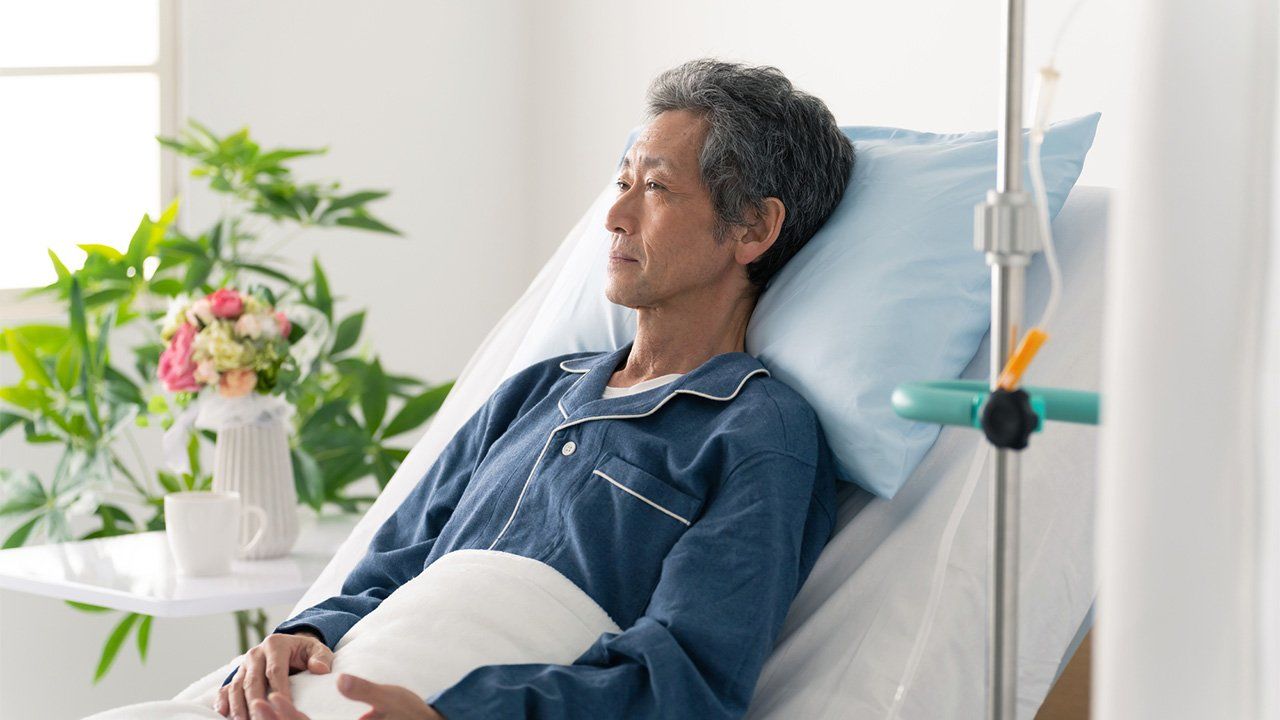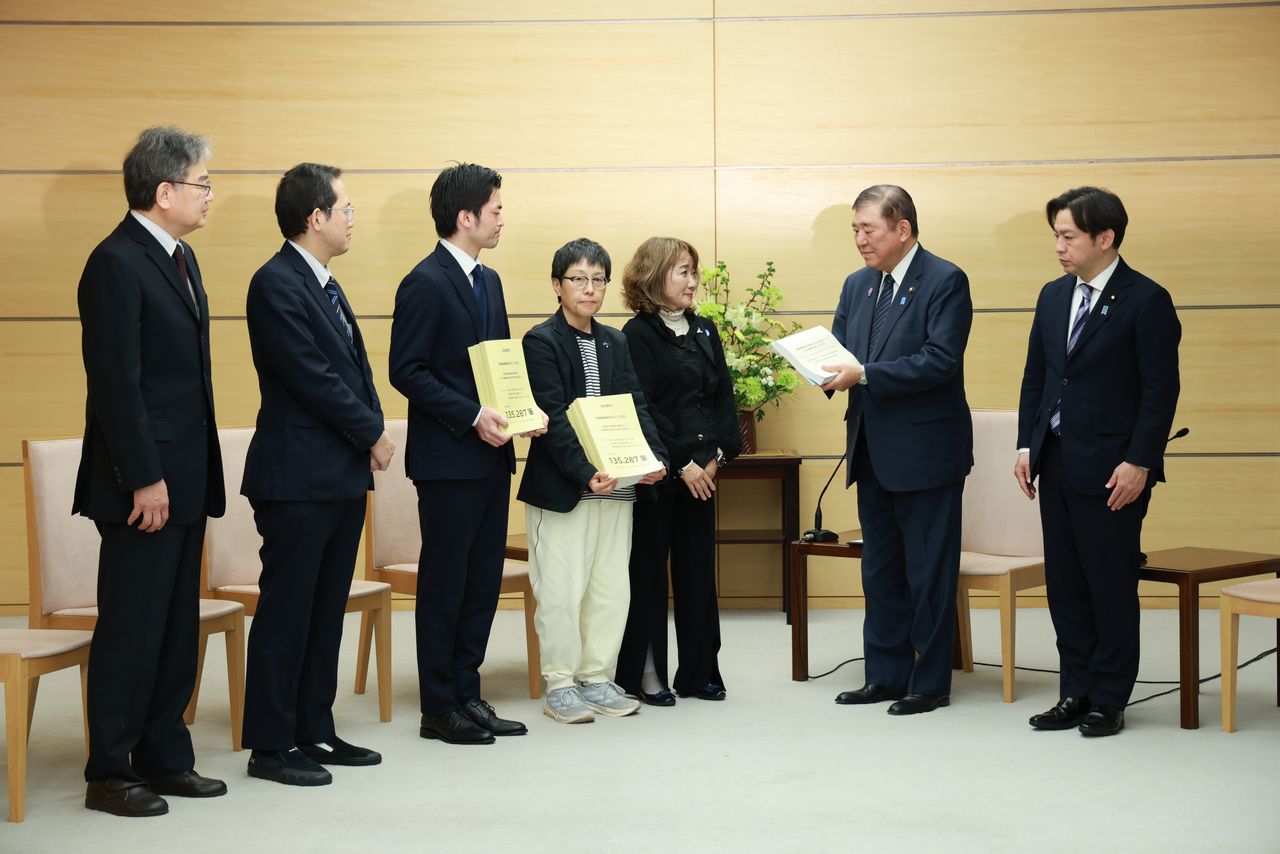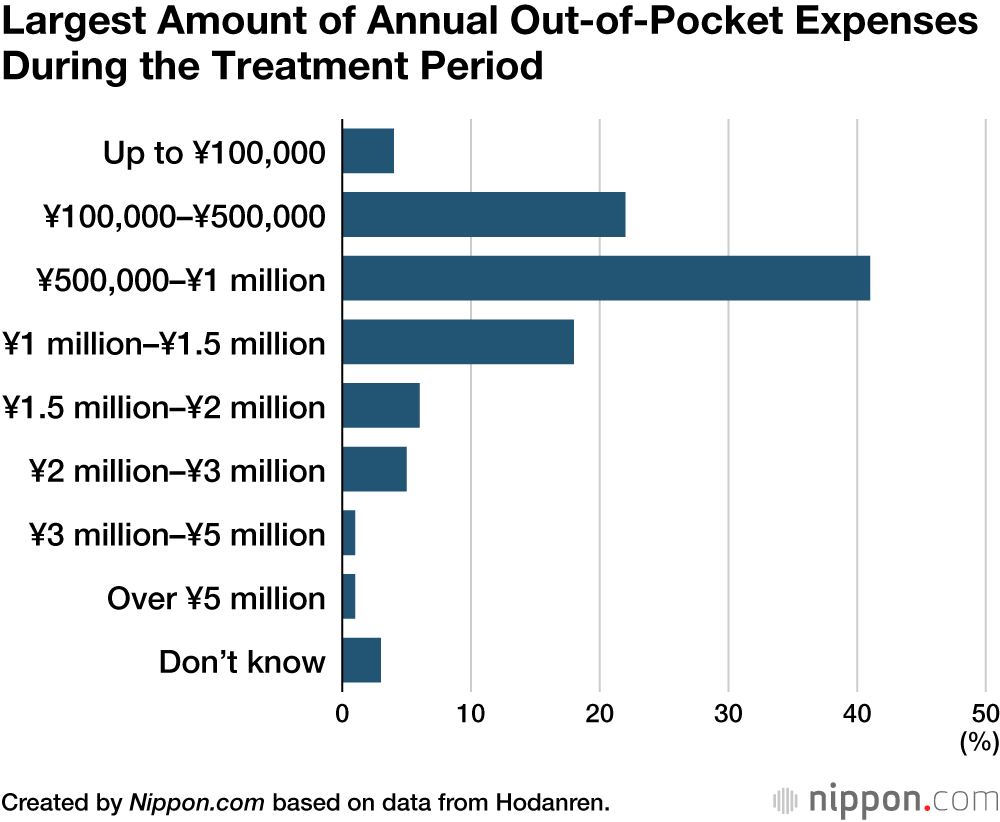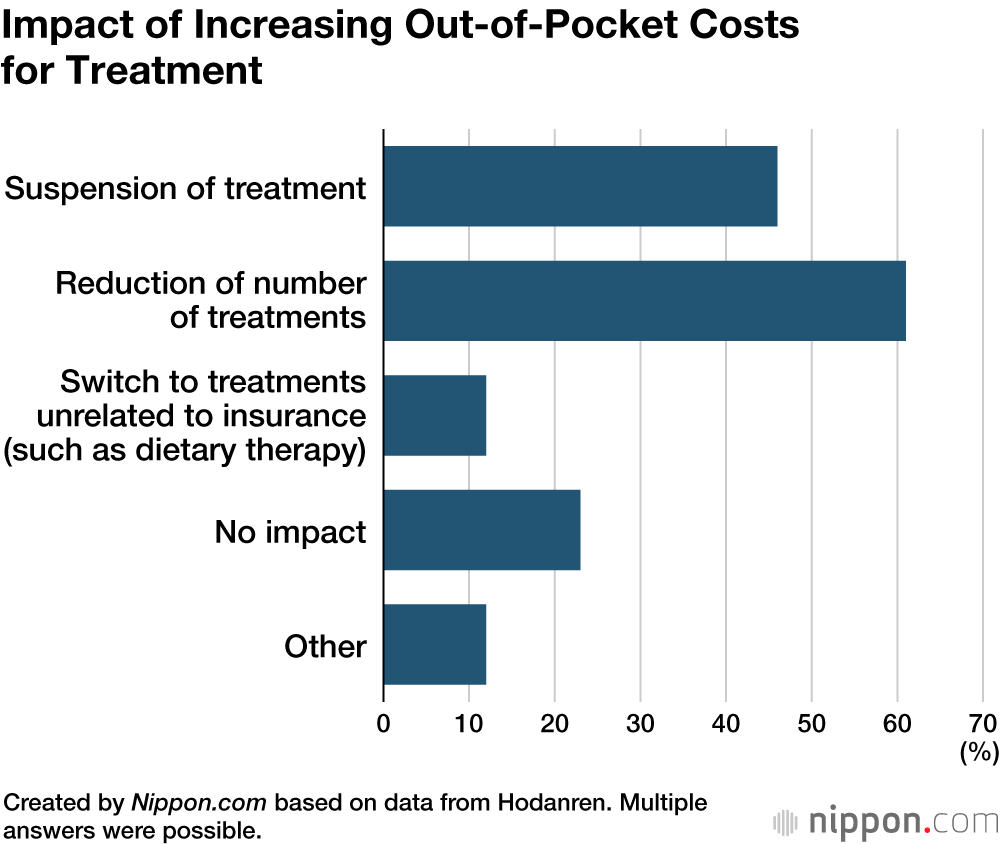
Pressure from Patient Advocacy Groups Leads to Suspension of Plan to Increase Out-of-Pocket Fees in Japan
Health Society- English
- 日本語
- 简体字
- 繁體字
- Français
- Español
- العربية
- Русский
Planned changes to a system in Japan setting a cap on the monthly out-of-pocket expenses for patients receiving expensive medical care, such as cancer treatment, have been put on hold. Initially, the government had intended to raise out-of-pocket costs on patients in three stages, starting in August of this year, and continuing into 2026 and 2027.
However, opposition to the plan arose not only among patient advocacy groups and opposition political parties but among some members of the ruling Liberal Democratic Party. This led to a decision to suspend the second and third stages of the increase. In addition, Prime Minister Ishiba Shigeru recently announced that the first stage of the increase, which had been scheduled for August, would be postponed. However, he left open the possibility that the increase will go ahead after the House of Councillors election this summer, stating that “a review will be conducted again by this autumn.”
The Japan Federation of Cancer Patient Groups presented Prime Minister Ishiba with the results of an extensive survey that gathered opinions from more than 600 patients, and urged him to oppose increasing the burden on patients. Additionally, Hodanren (Japanese Medical and Dental Practitioners for the Improvement of Medical Care) conducted its own survey.

Prime Minister Ishiba Shigeru and another government official receive the results of a survey from representatives of the Japan Federation of Cancer Patient Groups. (© Jiji)
The survey conducted by Hodanren, which was conducted from January 30 to February 16, found that 52.1% of the 284 respondents suffered a decrease in annual income after being diagnosed with cancer, since they were forced to take leave from work to receive treatment. With regard to their highest annual out-of-pocket medical expenses during the period of treatment, the largest percentage of respondents, at 41%, reported that they had to pay between ¥500,000 and ¥1 million.
Given the economic hardship these days, what will happen if out-of-pocket expenses are increased? According to the survey results, the most common response among patients, at 61%, was that they would reduce the number of treatments, while 46% said they would suspend treatment. The results highlight the heartbreaking situation where patients have to sacrifice their treatment due to financial problems.
In the section of the survey that included open-ended responses, patients shared their thoughts and feelings. One man in his thirties diagnosed with lung cancer said that he would have to give up his treatment if his expenses increased because he did not want to use up money his children would need in the future.
(Translated from Japanese. Banner photo © Pixta.)


